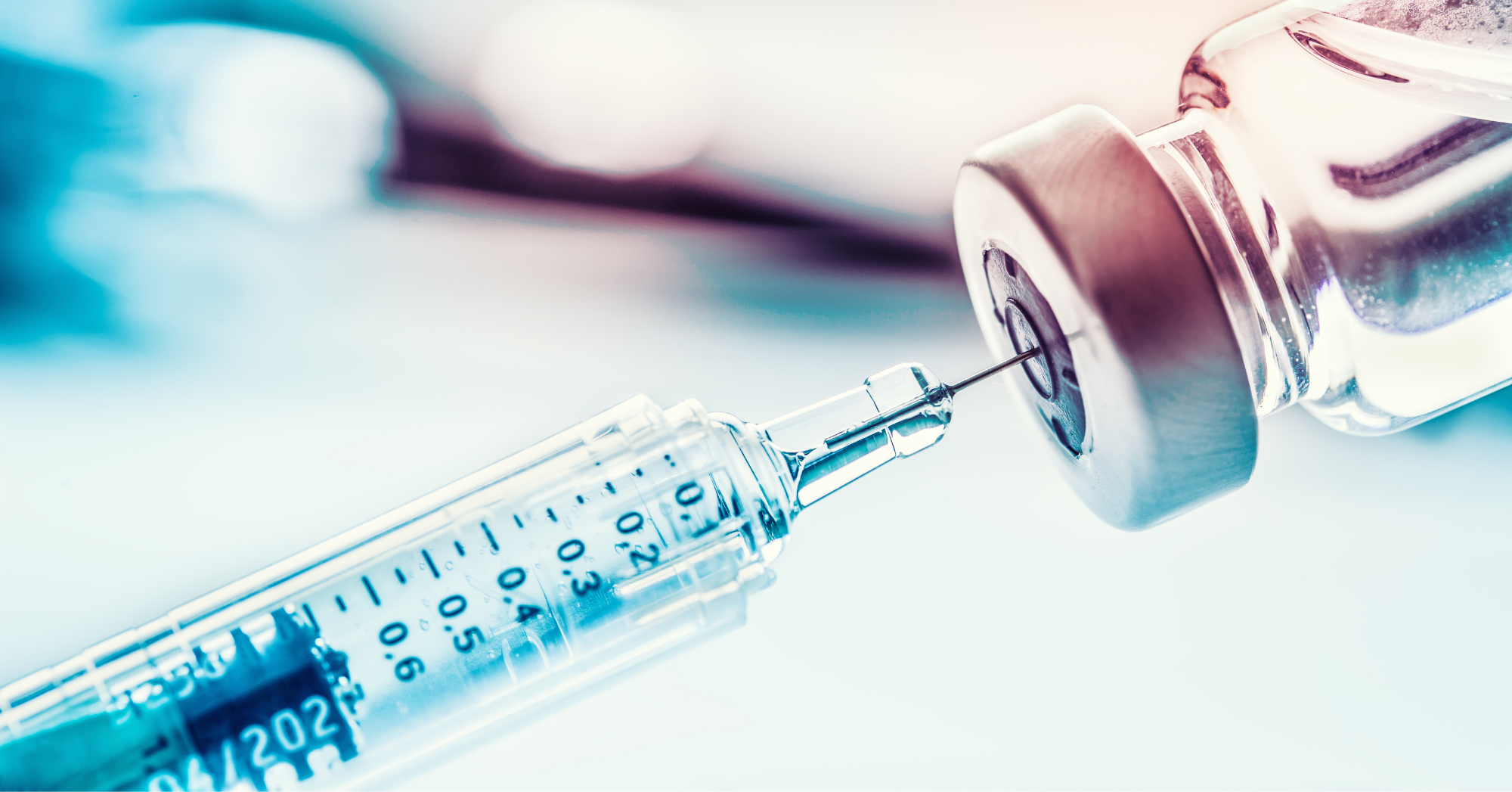Fill Me In
With COVID-19 vaccines now a reality, many countries have turned towards securing resources and establishing new protocol for mass rollout.
In the past couple of weeks, three top contending pharmaceutical firms – Pfizer, Moderna, and AstraZeneca – have applied for emergency use authorisation worldwide, giving people a much-needed dose of hope amid a devastating pandemic.
What’s happening in Singapore?
In Singapore, a committee was set up last month, to provide recommendations to the government on its COVID-19 vaccination strategy. Aside from looking into the prioritisation for vaccine distribution, the committee is tasked with ensuring the safe and effective use of vaccines in the country.
While Singapore’s priority list has not yet been published, Associate Professor Alex Cook, vice dean of research at the NUS Saw Swee Hock School of Public Health, in an interview with The Straits Times, said that priority groups are likely to be healthcare workers, the elderly or nursing home workers, as well as travellers. Adds Cook, “Indeed our biggest threat remains migrant worker outbreaks, and that as a strategy could also well be justified.”
Health Minister Gan Kim Yong has said that Singapore will work on “securing a portfolio” of COVID-19 vaccines, to cater to different segments of the population. So far, candidates include Pfizer, the joint effort by scientists at Singapore’s Duke-NUS Medical School and US firm Arcturus Therapeutics, and Moderna.
The COVID-19 vaccine plan around the world
Given the huge demand for vaccines worldwide, experts expect countries to tap on different COVID-19 vaccines, like in Singapore, to increase supply and ensure sufficient vaccine doses for the population.
At the moment, many of the vaccines require two doses, given about a month apart. Experts have suggested for countries to make receiving the vaccine voluntary to conserve supply, with exceptions made where refusing the vaccine puts others at acute risk.
We take a closer look:
Japan
In Japan, the government has secured COVID-19 vaccines for 60 million people from Pfizer, for a further 25 million people from Moderna, and 120 million doses of AstraZeneca’s vaccine. This comes as Japan battles with a third wave of the disease, reporting record numbers of daily infections nationwide in recent weeks.
Currently, the ministry plans to prioritise vaccine distribution for older people, those with preexisting conditions, and health care workers. The aim, however, is to secure enough vaccines for the entire population by the first half of 2021.
On 2 December, Japan passed a Bill to give free COVID-19 vaccines to all of its 126 million residents, in a bid to contain the further spread of the virus. The law includes a provision obliging citizens in principle to make efforts to get vaccinated, but which will not go into effect until the safety and effectiveness of vaccines are fully confirmed.
Hong Kong
Similarly, Hong Kong’s Health Secretary, Sophia Chan, announced on 2 December that Hong Kong intends to provide COVID-19 vaccines for all of its residents at no cost. The country is currently facing its latest wave of COVID-19 infections, which led to the deferment of the Singapore-Hong Kong Air Travel Bubble to 2021.
According to public broadcaster RTHK, Chan told the Legislative Council that vaccine priority would first be given to three million people considered vulnerable or most at risk. These include patients with chronic diseases, healthcare workers, and the elderly.
She confirmed that receiving the vaccine would be voluntary, and that government regulators would “speed up the vetting procedures while ensuring the vaccines’ safety, efficacy and quality.” Two doses of vaccine would be available for every Hong Kong resident, sourced from at least two different manufacturers.
United Kingdom
In Europe, the United Kingdom made headlines when it became the first in the world to approve the Pfizer-Biotech vaccine for use. It’s a move widely anticipated as the country continues to see an average of 450 COVID-19 related deaths every day, according to Andrew Hill, senior visiting research fellow in the Department of Pharmacology at the University of Liverpool.
The government has ordered 40 million doses (enough to immunise 400,000 people), and plans to start vaccinating those “most at risk of dying” first. The priority list includes healthcare and social care workers, and people aged 80 years and older. The next group is expected to include those 65 years and older, then younger high-risk individuals.
While the speed of the rollout would depend on how fast Pfizer can manufacture and deliver the vaccine, it would also hinge on logistical capacity, as the vaccine can only be stored at ultra-cold temperatures of -70 degrees Celsius. According to the Telegraph, children would not be required to have the vaccine, and it would remain voluntary for adults.
Join the conversations on THG’s Facebook and Instagram, and get the latest updates via Telegram.




























